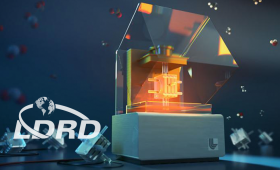A research team leverages the power of 3D printing to improve the performance of electrochemical reactors used to convert carbon dioxide (CO2) to useful energy sources, chemicals and material feedstocks.
Science and Technology Highlights
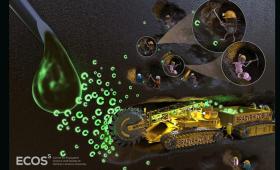
Just a few bacterial groups found in ecosystems across the planet are responsible for more than half of carbon cycling in soils.
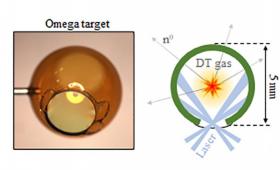
Livermore scientists have demonstrated a new geometry for a neutron source platform for the National Ignition Facility.
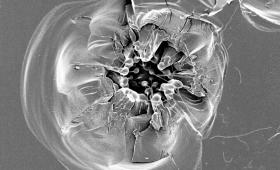
Livermore researchers have developed and are now installing high-quality fused silica debris shields to increase the National Ignition Facility’s shot rate.
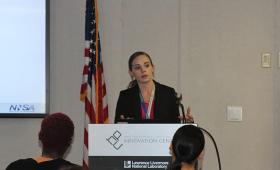
Researchers have developed a new machine learning-based approach for modeling inertial confinement fusion experiments that results in more accurate predictions of National Ignition Facility shots.
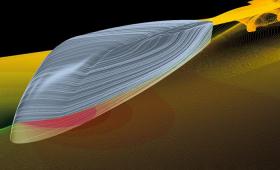
Livermore engineers have demonstrated aerodynamically integrated energy-efficient vehicle shapes for heavy vehicles.
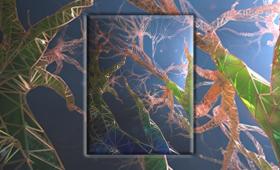
Researchers have developed a groundbreaking method for transporting liquids and gases using 3D-printed lattice design.
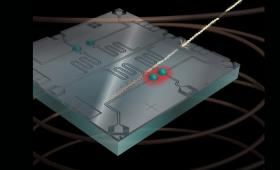
New research sheds light on a major challenge to realizing the promise and potential of quantum computing—error correction.
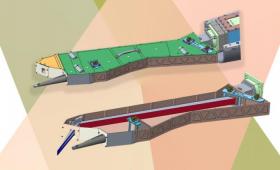
A research team has designed a novel x-ray crystal spectrometer to provide high-resolution measurements of a challenging feature of high-energy-density (HED) matter.
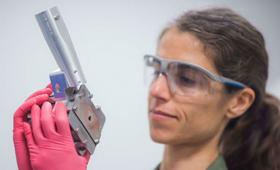
Federica Coppari uses the world’s most powerful laser to recreate the cores of distant worlds. (Quanta magazine)


